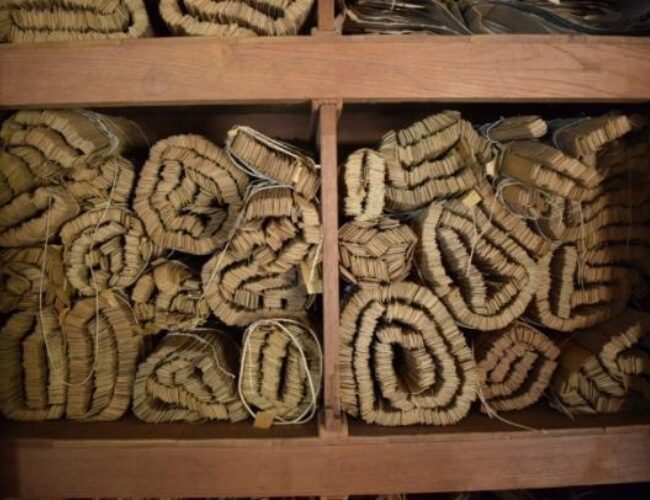While Sanskrit sources in Indian mathematics are widely studied, this is not the case with vernacular sources. The study of the latter will shed light on the pre-modern economic and intellectual history of several Indian regions. Kerala was conisdered to hold the world’s most advanced mathematical knowledge: it is crucial to recover these texts.

Across the world, it has been recognised that studying vernacular mathematical texts has increased our understanding of the cognitive and social background of higher and lower mathematics. This was the case for Egyptian, Babylonian, and late medieval European vernacular mathematics. In the 14th to 16th century, Kerala was the home of the world’s most advanced mathematical knowledge, foreshadowing results of calculus that were obtained in Europe only in later centuries. These texts allow scholars to analyse how mathematical practices and texts functioned as social and cognitive agents, linking (or setting apart) schools, workshops, civil administration, markets and centres of higher learning. The texts analysed in this project have been stored outside of established libraries, where storage conditions, weather and insects put the paper and palm leaves at risk. This pilot survey project discovered the range and diversity of historical material in Tamil and Malayalam languages grouped under the Kanakkatikaram genre. Moreover, the project found a surprisingly large number of manuscripts concerning architecture. The project identified 1,539 manuscripts in total, of which a small sample were digitised. A major digitisation project will be planned.
